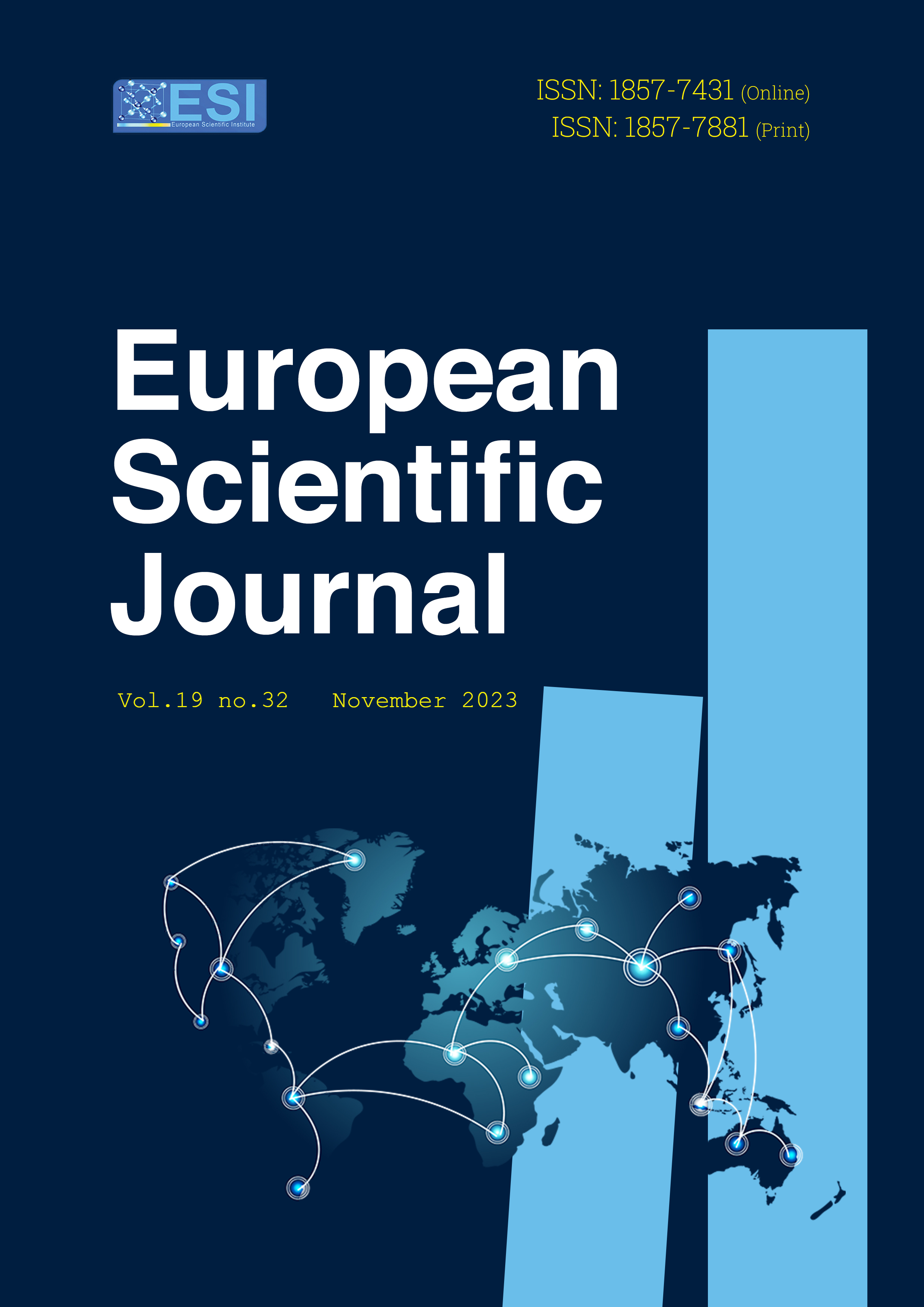Image Semiotics in the Book "Our Arabic Language" for the Third Grade in Jordan: An Analytical Study using Human and Artificial Intelligence
Abstract
This paper focuses on identifying the image semiotics in the textbook “Our Arabic Language” for the third grade in Jordan, employing both human intelligence and artificial intelligence. To achieve the study objectives, a content and semiotic analysis method was adopted using human and artificial intelligence. The study sample consisted of 20 images, which represents the entire study population within the Arabic language textbook for third-grade students. The most prominent results revealed a male bias in terms of the number of characters, functional roles, social roles, talents, and activities. There was a convergence between the semiotic analysis using human intelligence and semiotic analysis using artificial intelligence. The results also showed that there were differences in the results of the semiotic analysis between the use of artificial intelligence and the use of human intelligence. This is because the human analysis connects images with social context and other images, while the artificial intelligence deals with every image separately.
Downloads
PlumX Statistics
References
2. Bani Omar, K. (2018). Gender in “Our Arabic Language” Books for the First Three Grades in Jordan, European Scientific Journal, Vol.14, No.11 ISSN: 1857 – 7881 ,( DOI: https://doi.org/10.19044/esj.2018.v14n11p59
3. Bin El Din, B. (2018). Image Semiotics and Understanding the Written in the Educational Process, educational, Volume 5, Issue 14, 10-15. https://www.asjp.cerist.dz/en/downArticle/184/8/2/50902
4. Bowman, E. (2022). A new AI chatbot might do your homework for you. But it's still not an A+ student, https://www.npr.org/2022/12/19/1143912956/chatgpt-ai-chatbothomework-academia
5. Kababsa, H. (2018). The Semiology of the Image in the Textbook; Semantics and communication, the Arabic language book for the fourth year of primary school as a model, an unpublished master's thesis, University of May 8, 1945, Guelma, Algeria.https://dspace.univguelma.dz/xmlui/bitstream/handle/123456 789/6570/M813.420.pdf?sequence=1&isAllowed=y
6. Kılıç, V. & Sarıkartal, Z. (2016). What Do Images Mean in Visual Semiotics? Aydın Sanat, Yıl , 2 Sayı 3 (1 -13). https://dergipark.org.tr/tr/download/article-file/357993.
7. Jam, S., Khiabani, S. & Hejazi, M. (2021). Discourse Representation in the Images of English Textbooks "Prospects" and "Visions": A semiotic, Language Related Research, Vol. 11, No. 6, Tome 60, pp. 419-448, https://lrr.modares.ac.ir/article-14-29439-en.pdf. Analysis: The Case Study of Ethnicity and Place
8. Mijwil, M. (2023). Chat GPT: The Future of Artificial Intelligence in the Scientific Research, DOI:10.13140/RG.2.2.32002.76484
9. Ministry of Education (2022). Our Arabic language, student’s brochure, for the third grade, Part One.
10. Ministry of Education (2022). Our Arabic language, student’s brochure, for the third grade, Part Two.
11. Nielsen, L. (2016). Artificial Intelligence vs. Human Intelligence/ Man vs. Machine, discussion paper on Artificial Intelligence, Human Intelligence and the rapid transformation of digitalization and datafication that our current society is goingthrough,file:///C:/Users/Admin/Downloads/ArtificialIntelligenc evs.HumanIntelligenceManvs.Machine2016%20(2).pdf
12. Saed, S. & Sabti, O. (2011). The press photo, a semiological study, Cairo: Al-Maktab, Al-Jama’i Al-Hadith.
13. Saldana, J. (2021). The Coding Manual for Qualitative Researchers. Thousand Oaks, CA: SAGE Publications Limited.
14. Sovič, A. & Hus, V. (2016). Semiotic Analysis of the Textbooks for Young Learners, Creative Education, Vol.7 No.4, 639- 645, DOI: 10.4236/ce.2016.74066
15. Suleiman, I. (2014). Introduction to the concept of image semiotics, University Journal, 16 (2), https://www.academia.edu/38963071
Copyright (c) 2023 Khitam Ahmad Bani Omar

This work is licensed under a Creative Commons Attribution 4.0 International License.








